Home>Furniture & Design>Interior Design Trends>What Is Opaline Glass
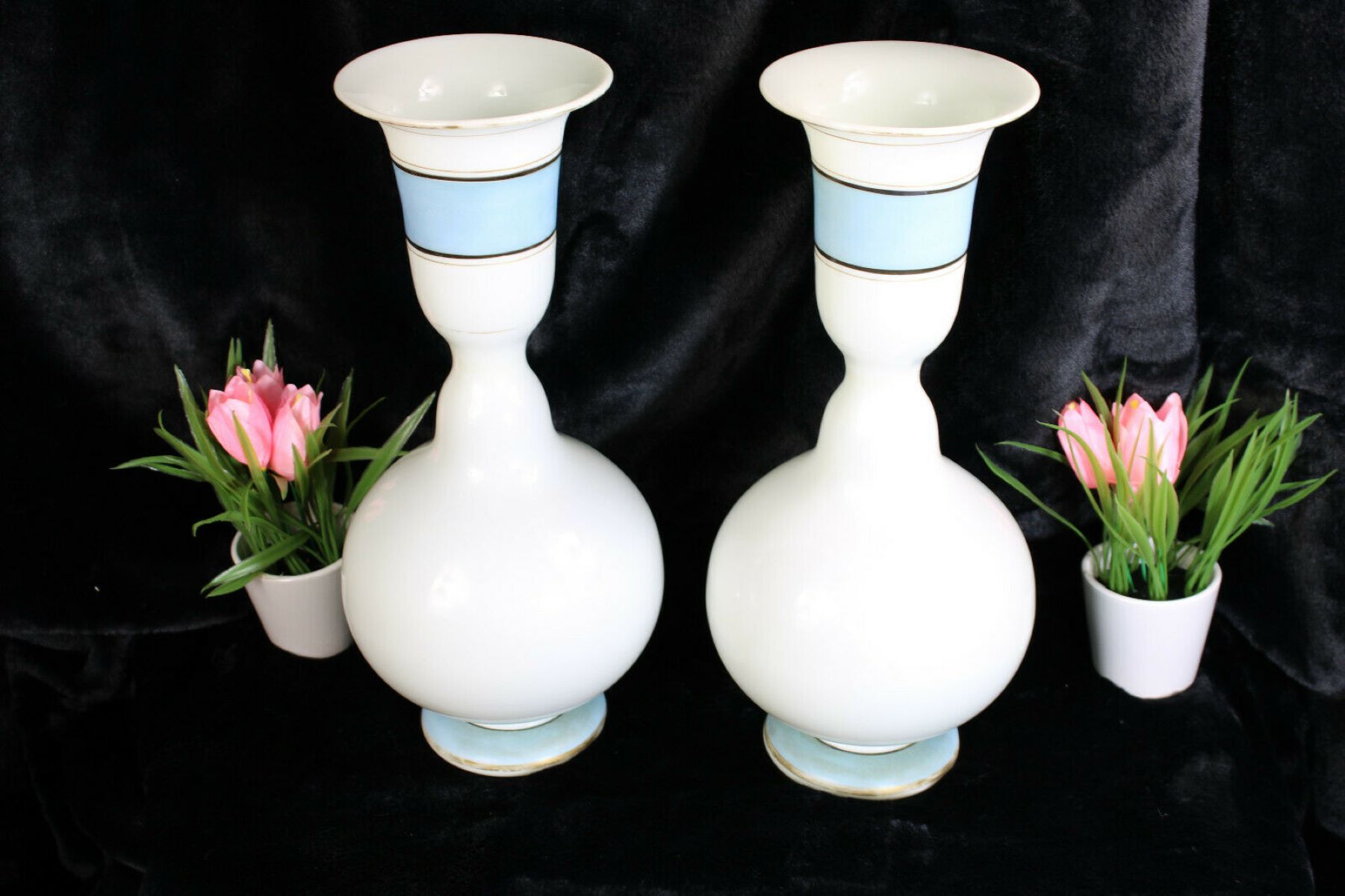

Interior Design Trends
What Is Opaline Glass
Modified: October 18, 2024
Discover the allure of opaline glass and its impact on interior design trends. Learn about the unique qualities and timeless appeal of this exquisite material.
(Many of the links in this article redirect to a specific reviewed product. Your purchase of these products through affiliate links helps to generate commission for Storables.com, at no extra cost. Learn more)
Introduction
Opaline glass, with its ethereal beauty and timeless allure, has captivated art enthusiasts and collectors for centuries. This exquisite form of glassware boasts a delicate translucence and a lustrous finish that sets it apart from other glass materials. Its origins can be traced back to 19th-century Europe, where skilled artisans perfected the art of crafting opaline glass into a myriad of enchanting forms.
The allure of opaline glass lies in its ability to diffuse light, creating a soft, radiant glow that adds an enchanting ambiance to any space. Whether displayed as a standalone piece or used for practical purposes, opaline glass exudes an understated elegance that transcends trends and fads.
In this comprehensive guide, we delve into the world of opaline glass, exploring its rich history, defining characteristics, production process, and diverse applications. From its origins in Europe to its enduring popularity in contemporary interior design, opaline glass continues to enchant and inspire with its timeless beauty and ethereal charm.
As we embark on this journey through the enchanting realm of opaline glass, prepare to be captivated by its delicate allure and discover the timeless appeal of this exquisite material.
Key Takeaways:
- Opaline glass, with its opalescent sheen and delicate translucence, adds timeless elegance to interior spaces, captivating hearts with its ethereal charm and refined beauty.
- The rich history and enduring allure of opaline glass make it a cherished treasure, capable of infusing living spaces with a soft, radiant glow and a sense of enchantment.
Read more: What Is Glass Used For
Definition of Opaline Glass
Opaline glass, also known as "opal glass," is a type of decorative glassware renowned for its delicate translucence and opalescent sheen. This exquisite material is characterized by its milky, opaque appearance, which emanates a soft, diffused glow when illuminated. Opaline glass is often distinguished by its subtle pastel hues, including shades of pale blue, pink, green, and creamy white, which further enhance its ethereal beauty.
Crafted using a blend of silica, potash, and other fine materials, opaline glass undergoes a meticulous production process to achieve its distinctive opalescent quality. The addition of bone ash or tin oxide during the manufacturing process contributes to the glass's milky opaqueness, lending it a captivating luminosity that sets it apart from traditional glassware.
Opaline glass is revered for its versatility, as it can be shaped into a wide array of ornamental and functional objects, including vases, lamps, chandeliers, perfume bottles, and decorative bowls. Its ethereal appearance and gentle radiance make it a popular choice for creating an enchanting ambiance in interior spaces, adding a touch of timeless elegance to any decor.
This exquisite glassware gained prominence during the 19th century, particularly in France, where skilled artisans honed their expertise in producing opaline glass of exceptional quality. Renowned for its delicate beauty and ethereal charm, opaline glass continues to captivate collectors and enthusiasts with its timeless allure and enduring appeal.
In contemporary interior design, opaline glass remains a coveted choice for adding a touch of sophistication and refinement to living spaces. Whether showcased as a standalone art piece or utilized for practical purposes, opaline glass exudes an understated elegance that transcends trends, making it a timeless addition to any home or commercial setting.
As we delve deeper into the world of opaline glass, we unravel the rich history, defining characteristics, and diverse applications of this enchanting material, shedding light on its enduring legacy and timeless allure.
History of Opaline Glass
The history of opaline glass is a captivating journey that traces its origins to 19th-century Europe, where skilled artisans honed their craft to produce exquisite glassware of unparalleled beauty. The term "opaline" is derived from the opalescent quality of the glass, which exudes a mesmerizing play of iridescence and luminosity when illuminated.
Opaline glass first gained prominence in France during the early 1800s, where it captured the imagination of collectors and connoisseurs with its delicate translucence and ethereal charm. Renowned for its opalescent sheen and subtle pastel hues, opaline glass quickly became synonymous with elegance and sophistication, adorning the interiors of aristocratic homes and royal palaces.
The production of opaline glass flourished in renowned glassmaking centers such as Baccarat, Saint-Louis, and Clichy, where master artisans perfected the art of crafting this exquisite material into a myriad of enchanting forms. Opaline glassware adorned the tables of the elite, gracing opulent dining settings with its delicate beauty and timeless allure.
During the mid-19th century, opaline glass gained international acclaim, captivating audiences across Europe and beyond with its enchanting radiance and captivating opalescent hues. Its popularity surged, and opaline glass found its way into the homes of discerning collectors and art enthusiasts, who cherished its delicate beauty and ethereal charm.
The allure of opaline glass continued to transcend borders, captivating the hearts of admirers in England, Italy, and beyond. Its timeless appeal and exquisite craftsmanship made it a coveted treasure, sought after for its ability to infuse interiors with a soft, radiant glow and an aura of refined elegance.
Today, the legacy of opaline glass endures, as collectors and enthusiasts continue to cherish and celebrate its timeless beauty. Whether displayed as a cherished heirloom or incorporated into contemporary interior design, opaline glass remains a symbol of enduring craftsmanship and timeless allure, a testament to the rich history and enduring legacy of this exquisite material.
Characteristics of Opaline Glass
Opaline glass is renowned for its distinctive characteristics that set it apart from traditional glassware. Its ethereal beauty and delicate translucence make it a captivating choice for both decorative and functional purposes. Here are the defining characteristics of opaline glass:
-
Opalescent Sheen: Opaline glass exhibits a mesmerizing opalescent sheen, which imparts a subtle play of iridescence and luminosity when illuminated. This unique quality adds a touch of enchantment to opaline glassware, creating a soft, diffused glow that enhances its ethereal allure.
-
Milky Translucence: The milky, opaque appearance of opaline glass contributes to its gentle radiance and soft diffusion of light. This characteristic sets it apart from traditional transparent glass, imbuing it with a captivating luminosity that adds an enchanting ambiance to any space.
-
Subtle Pastel Hues: Opaline glass is often adorned with subtle pastel hues, including delicate shades of pale blue, pink, green, and creamy white. These soft, understated colors further enhance its ethereal beauty, adding a touch of timeless elegance to opaline glassware.
-
Versatility: Renowned for its versatility, opaline glass can be shaped into a diverse array of ornamental and functional objects, including vases, lamps, chandeliers, perfume bottles, and decorative bowls. Its ability to seamlessly blend with various interior styles makes it a popular choice for adding a touch of sophistication to any decor.
-
Craftsmanship: The production of opaline glass requires meticulous craftsmanship and expertise to achieve its distinctive opalescent quality. Skilled artisans employ traditional glassmaking techniques to create opaline glassware of exceptional beauty, showcasing the timeless artistry and craftsmanship behind each piece.
-
Timeless Appeal: Opaline glass exudes a timeless appeal that transcends trends and fads, making it a cherished choice for collectors and enthusiasts. Whether showcased as a standalone art piece or utilized for practical purposes, opaline glass continues to captivate with its delicate beauty and enduring allure.
In essence, the characteristics of opaline glass converge to create a material of unparalleled beauty and ethereal charm, adding a touch of sophistication and refinement to any interior setting. Its opalescent sheen, milky translucence, subtle pastel hues, versatility, craftsmanship, and timeless appeal collectively contribute to the enduring allure of opaline glass, making it a cherished treasure that continues to captivate hearts and inspire admiration.
Opaline glass is a type of opaque glass that is often used for decorative items such as vases and lamps. It is known for its milky appearance and was popular in the 19th century.
Production Process of Opaline Glass
The production process of opaline glass is a meticulous and intricate craft that requires skilled artisanship and a deep understanding of traditional glassmaking techniques. The journey begins with the careful selection of high-quality raw materials, including silica, potash, and other fine components essential for creating opaline glass of exceptional beauty and luminosity.
The first step in the production process involves melting the raw materials in a furnace at high temperatures, typically exceeding 1,600 degrees Celsius. This intense heat fuses the components together, forming a molten glass mixture that serves as the foundation for crafting opaline glassware. To achieve the characteristic opalescent quality of opaline glass, skilled artisans introduce specific additives such as bone ash or tin oxide during the melting process. These additives contribute to the glass's milky opaqueness, which is integral to its ethereal translucence and captivating luminosity.
Once the molten glass reaches the desired consistency and opalescent quality, it is carefully shaped and formed by master glassblowers using traditional techniques passed down through generations. The glassblower skillfully manipulates the molten glass, shaping it into exquisite forms such as vases, lamps, chandeliers, and decorative bowls, each bearing the hallmark opalescent sheen and delicate translucence that define opaline glass.
Following the shaping process, the newly formed opaline glassware undergoes a meticulous cooling and annealing process to ensure its structural integrity and durability. This crucial step involves gradually cooling the glassware in a temperature-controlled environment, allowing it to solidify and stabilize without introducing stress or imperfections that could compromise its quality.
The final stages of production may involve additional embellishments and decorative elements, such as hand-painted designs, gilding, or intricate detailing that further enhance the opaline glassware's aesthetic appeal. Each piece is a testament to the artisan's skill and dedication, showcasing the timeless artistry and craftsmanship that define opaline glass.
In essence, the production process of opaline glass is a harmonious blend of artistry, precision, and tradition, resulting in glassware of unparalleled beauty and ethereal charm. From the careful selection of raw materials to the skilled craftsmanship of master glassblowers, every step in the production process contributes to the enduring allure and timeless elegance of opaline glass, making it a cherished treasure that continues to captivate hearts and inspire admiration.
Read more: What Is Optical Glass
Uses of Opaline Glass
Opaline glass, with its ethereal beauty and delicate translucence, lends itself to a myriad of decorative and functional applications, making it a versatile and cherished material in interior design. From adorning elegant living spaces to serving practical purposes, opaline glass exudes a timeless elegance that transcends trends and fads. Here are some of the enchanting uses of opaline glass:
-
Decorative Accents: Opaline glass vases, bowls, and decorative objects serve as captivating focal points in interior decor, adding a touch of sophistication and refinement to any space. Their opalescent sheen and subtle pastel hues infuse rooms with an enchanting ambiance, creating a sense of timeless elegance.
-
Luminous Lighting: Opaline glass lamps, chandeliers, and sconces diffuse light in a soft, radiant manner, casting a gentle glow that enhances the atmosphere of any room. The opalescent quality of the glass creates a mesmerizing play of iridescence, adding a captivating allure to interior lighting.
-
Tableware and Serveware: Opaline glassware, including delicate cups, plates, and serving dishes, elevates dining experiences with its ethereal beauty and understated elegance. Whether used for formal occasions or everyday dining, opaline glass tableware adds a touch of refinement to the dining table.
-
Perfume Bottles and Vanity Accessories: The delicate translucence and opalescent sheen of opaline glass make it a popular choice for crafting exquisite perfume bottles, vanity jars, and decorative accessories. These pieces add a touch of luxury and sophistication to dressing tables and vanity spaces.
-
Artistic Displays: Opaline glass sculptures and art pieces serve as captivating artistic displays, showcasing the timeless allure and delicate beauty of this exquisite material. Whether showcased in galleries, museums, or private collections, opaline glass art pieces captivate with their ethereal charm.
-
Architectural Elements: Opaline glass windows, panels, and architectural accents add a touch of opulence and refinement to interior and exterior spaces. The gentle radiance of opaline glass enhances architectural details, infusing spaces with a sense of timeless elegance.
In essence, the uses of opaline glass encompass a wide spectrum of decorative and functional applications, each showcasing the enduring allure and delicate beauty of this exquisite material. Whether adorning interiors with its opalescent sheen or serving practical purposes with its versatile forms, opaline glass continues to captivate hearts and inspire admiration with its timeless elegance.
Collecting Opaline Glass
Collecting opaline glass is a pursuit steeped in appreciation for exquisite craftsmanship and timeless beauty. For enthusiasts and connoisseurs, each piece of opaline glass represents a tangible link to history, artistry, and the enduring allure of this delicate material. The allure of opaline glass lies in its ethereal translucence, opalescent sheen, and subtle pastel hues, which infuse each piece with a captivating luminosity that transcends time.
When embarking on the journey of collecting opaline glass, enthusiasts are drawn to the diverse array of forms and styles that this exquisite material encompasses. From ornate vases and delicate perfume bottles to opulent chandeliers and decorative bowls, opaline glass offers a rich tapestry of artistic expression and craftsmanship. Each piece bears the hallmark opalescent quality that sets opaline glass apart, creating a sense of enchantment and refinement.
Collectors often seek out opaline glass pieces that showcase exceptional artistry, intricate detailing, and historical significance. Whether adorned with hand-painted motifs, gilded accents, or intricate engravings, each piece tells a story of timeless elegance and enduring craftsmanship. The pursuit of rare and exceptional opaline glass pieces becomes a quest to preserve and celebrate the artistry and legacy of this exquisite material.
In the world of opaline glass collecting, provenance, condition, and rarity play pivotal roles in determining the value and desirability of each piece. Pieces with documented historical significance, such as those crafted by renowned glassmaking ateliers or associated with notable historical figures, hold a special allure for collectors. Additionally, opaline glass pieces in pristine condition, free from imperfections or damage, are highly coveted for their enduring beauty and collectible value.
The act of collecting opaline glass becomes a deeply personal and enriching pursuit, as each acquisition represents a cherished addition to a curated collection. Whether displayed in curated exhibitions, showcased in private collections, or passed down through generations, opaline glass pieces evoke a sense of timeless elegance and refined beauty. The act of collecting opaline glass becomes a celebration of artistry, history, and the enduring allure of this exquisite material, enriching the lives of collectors and enthusiasts with its delicate beauty and ethereal charm.
Conclusion
In conclusion, the enchanting allure of opaline glass transcends time, weaving a captivating narrative of exquisite craftsmanship, timeless elegance, and enduring beauty. From its origins in 19th-century Europe to its enduring legacy in contemporary interior design, opaline glass continues to captivate hearts and inspire admiration with its delicate translucence, opalescent sheen, and subtle pastel hues. The rich history, defining characteristics, and diverse applications of opaline glass converge to form a tapestry of ethereal charm and refined sophistication, making it a cherished treasure that continues to enchant collectors and enthusiasts.
The journey through the world of opaline glass unveils a material of unparalleled beauty and versatility, capable of adorning interiors with a soft, radiant glow and infusing spaces with a sense of timeless elegance. Whether showcased as captivating art pieces, utilized for practical purposes, or cherished as collectible treasures, opaline glass exudes a delicate allure that transcends trends and fads, standing as a testament to enduring craftsmanship and refined artistry.
As we reflect on the enduring legacy of opaline glass, we are reminded of its ability to evoke a sense of enchantment and refinement, adding a touch of sophistication to any interior setting. The delicate beauty and opalescent quality of opaline glass serve as a timeless reminder of the artistry and craftsmanship that define this exquisite material, enriching living spaces with an aura of understated elegance and refined charm.
In the realm of opaline glass, each piece represents a tangible link to history, artistry, and the enduring allure of this delicate material. Whether adorning elegant living spaces, serving practical purposes, or cherished as collectible treasures, opaline glass continues to captivate hearts and inspire admiration with its timeless elegance and ethereal charm. As we celebrate the enduring legacy of opaline glass, we are reminded of its ability to transcend time, weaving a narrative of refined beauty and enduring allure that continues to captivate hearts and inspire admiration.
Frequently Asked Questions about What Is Opaline Glass
Was this page helpful?
At Storables.com, we guarantee accurate and reliable information. Our content, validated by Expert Board Contributors, is crafted following stringent Editorial Policies. We're committed to providing you with well-researched, expert-backed insights for all your informational needs.
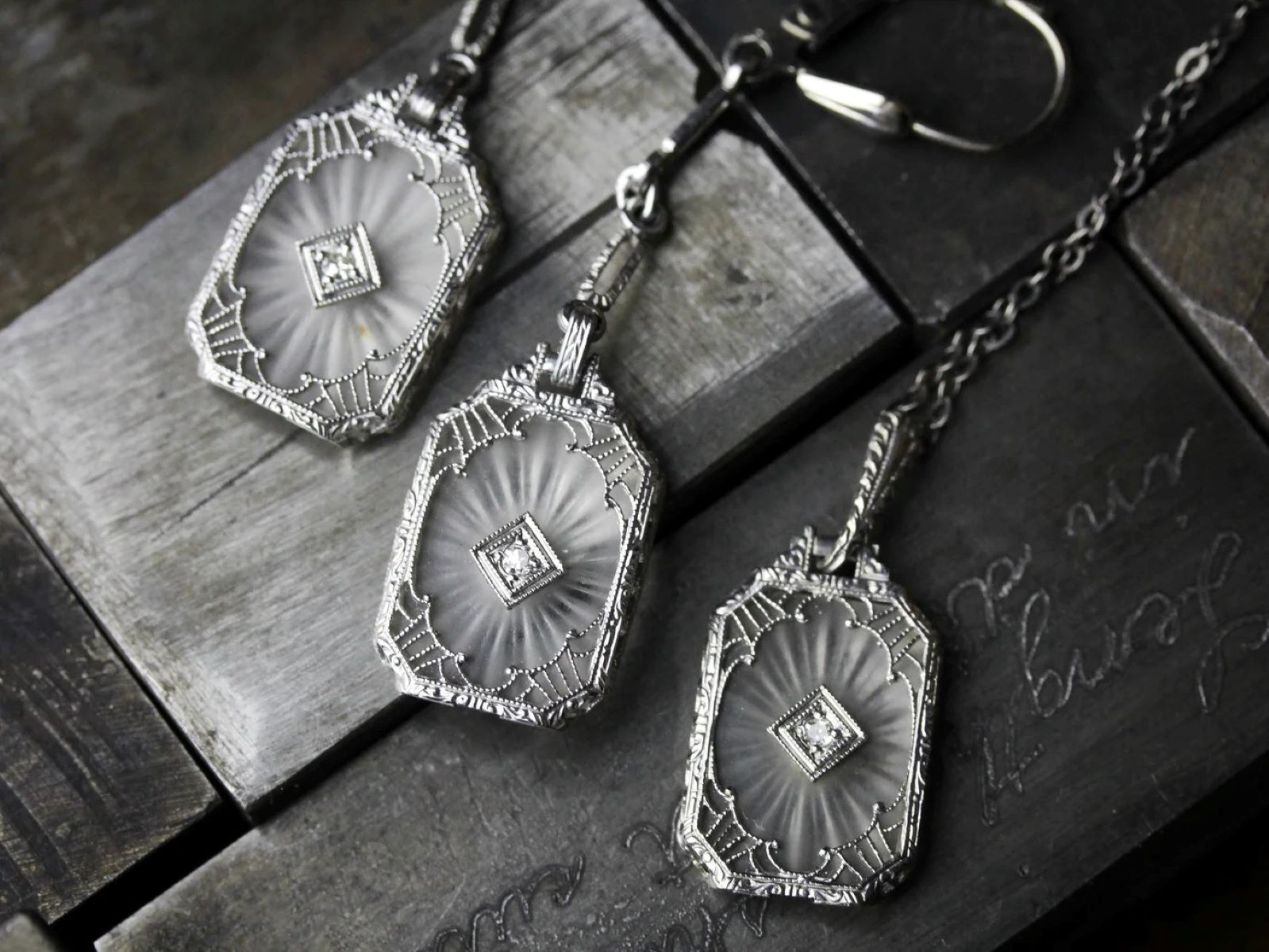
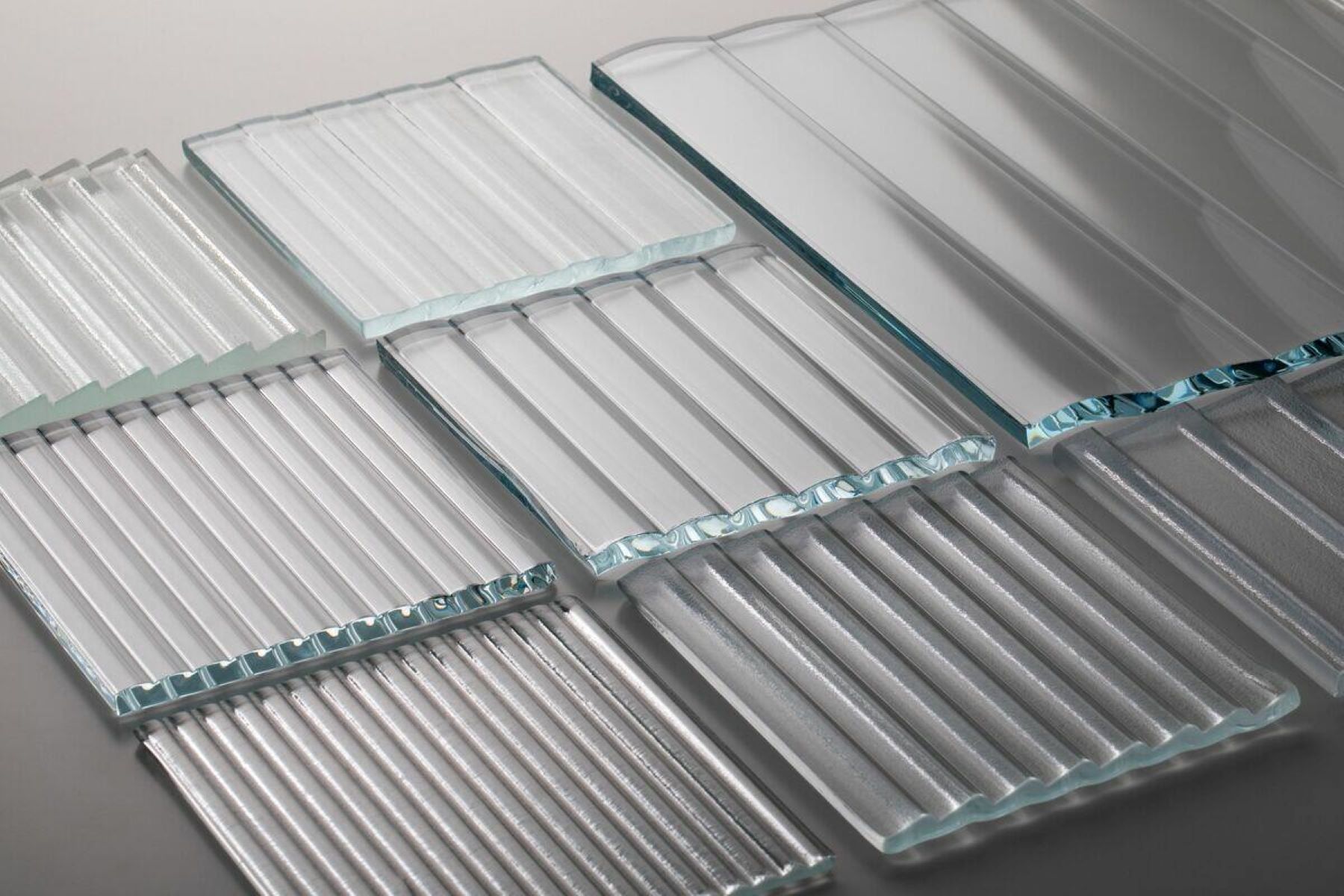
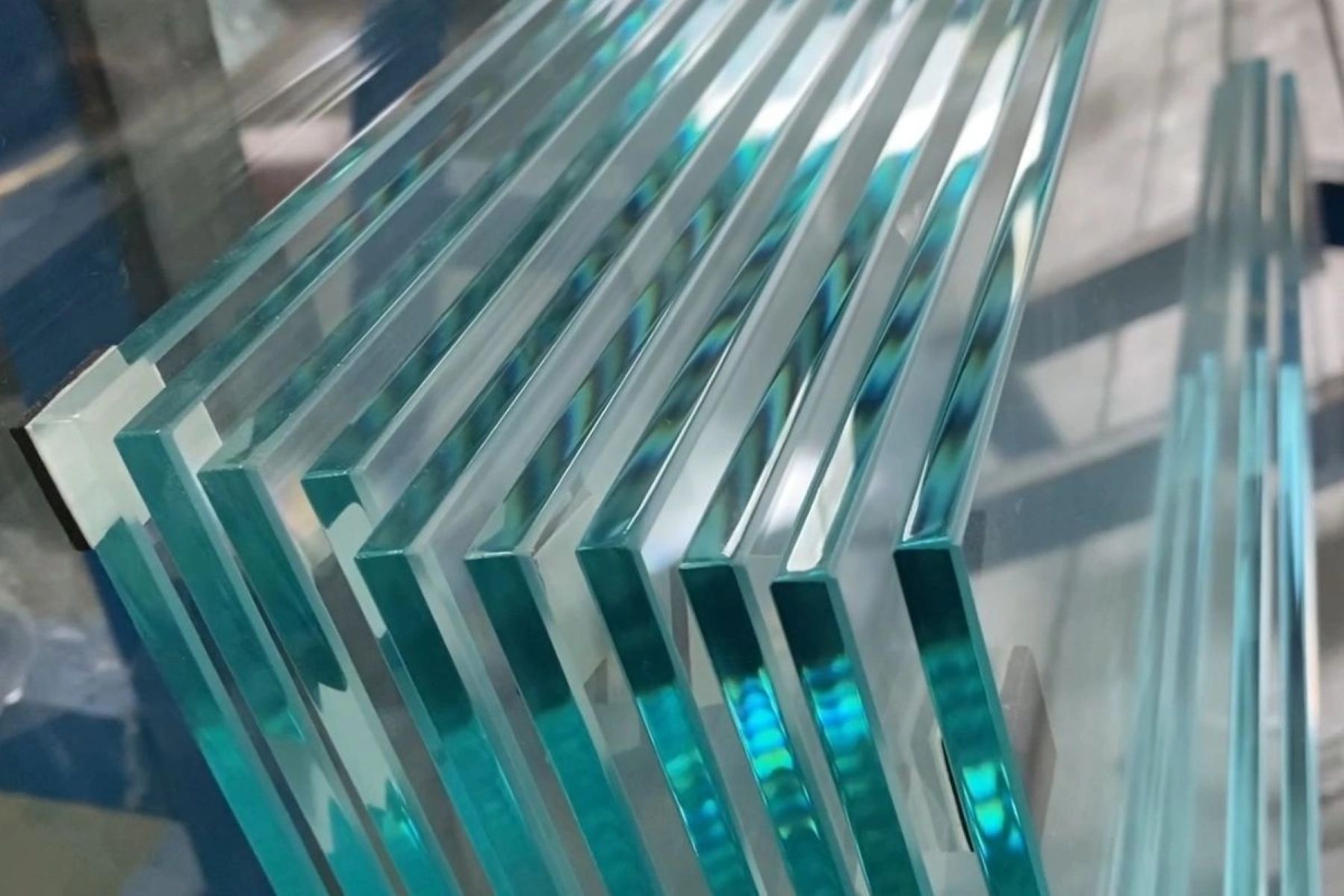



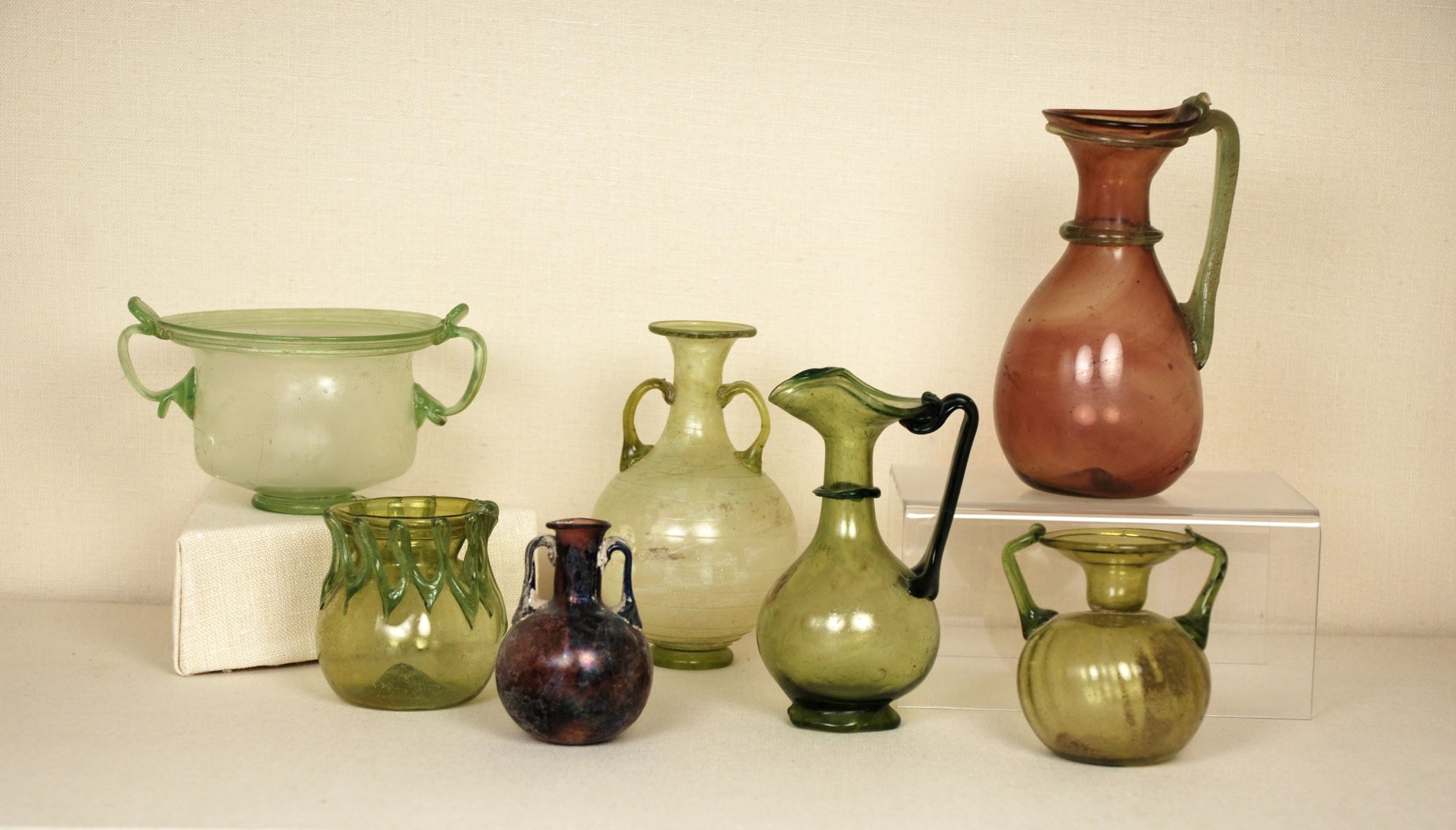
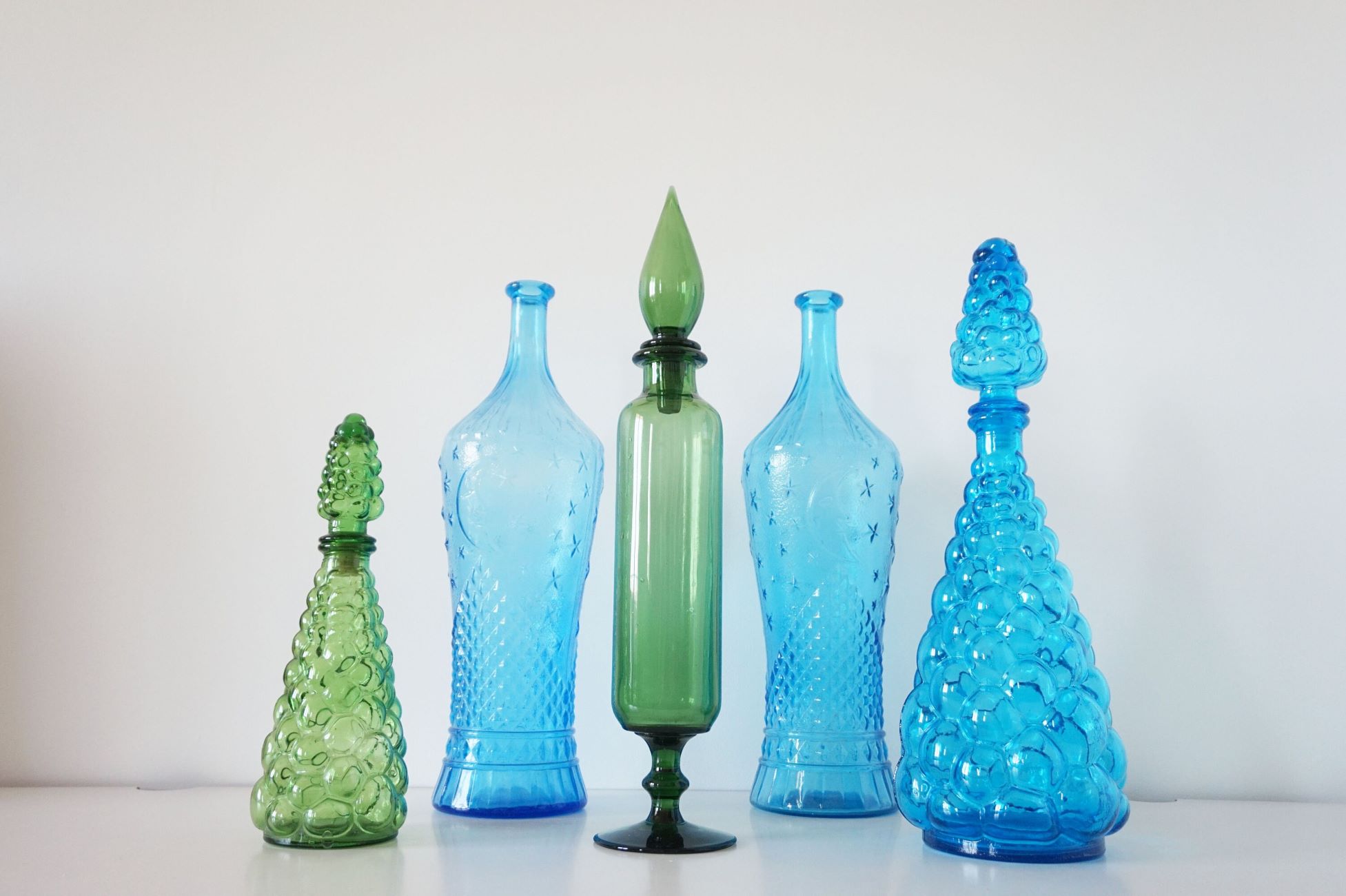
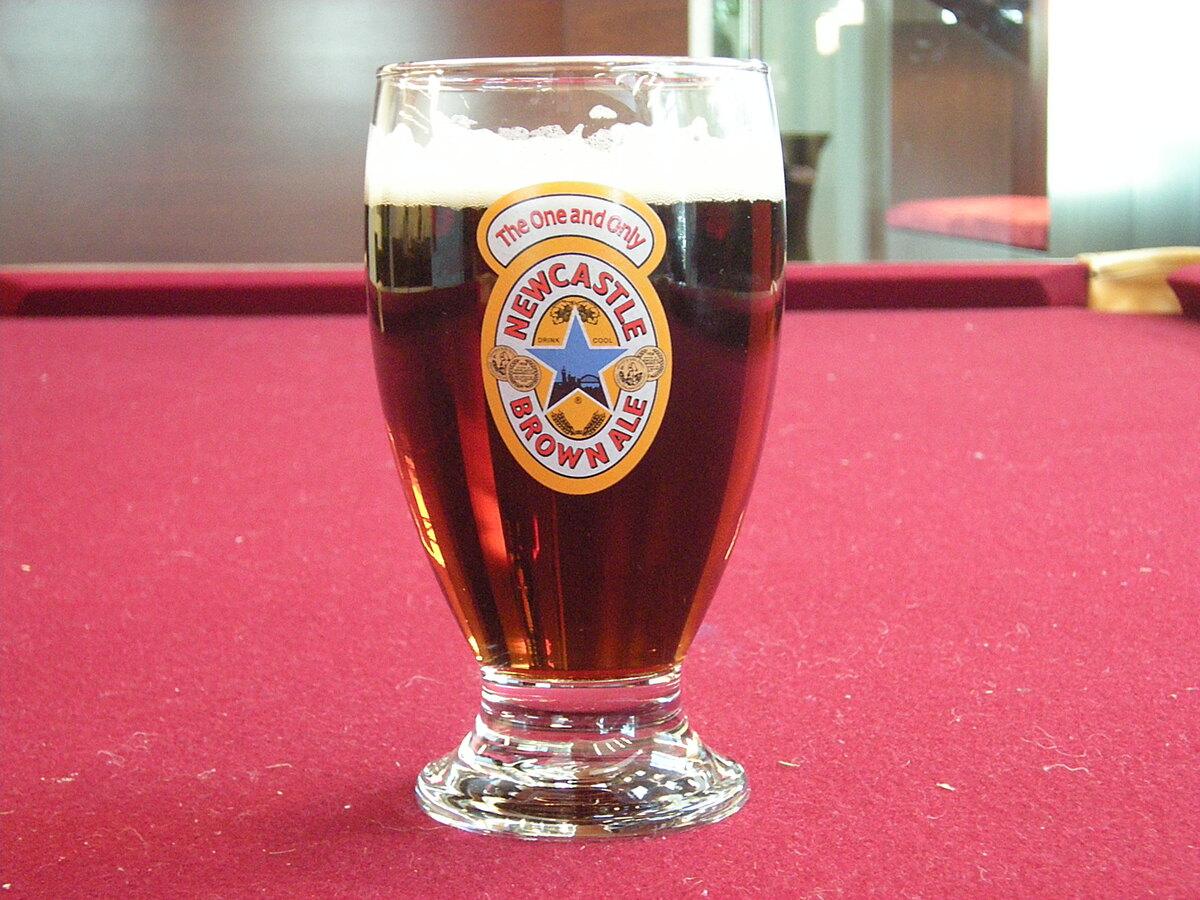
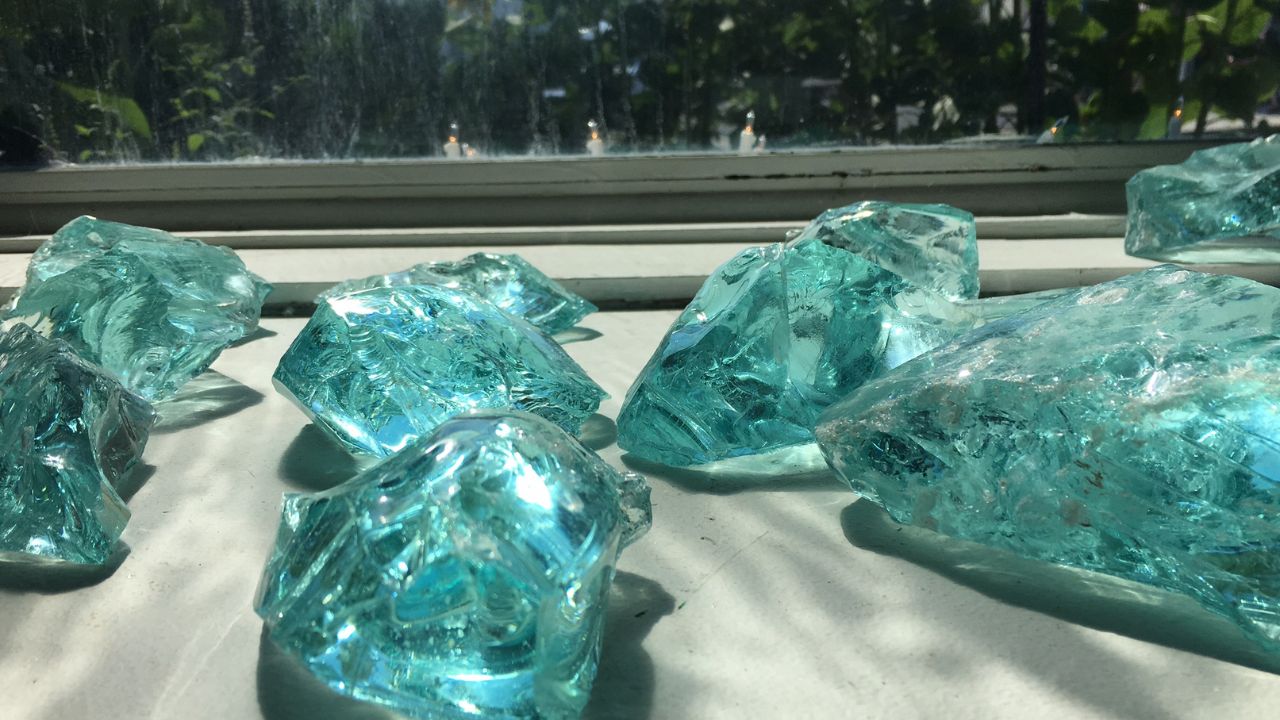
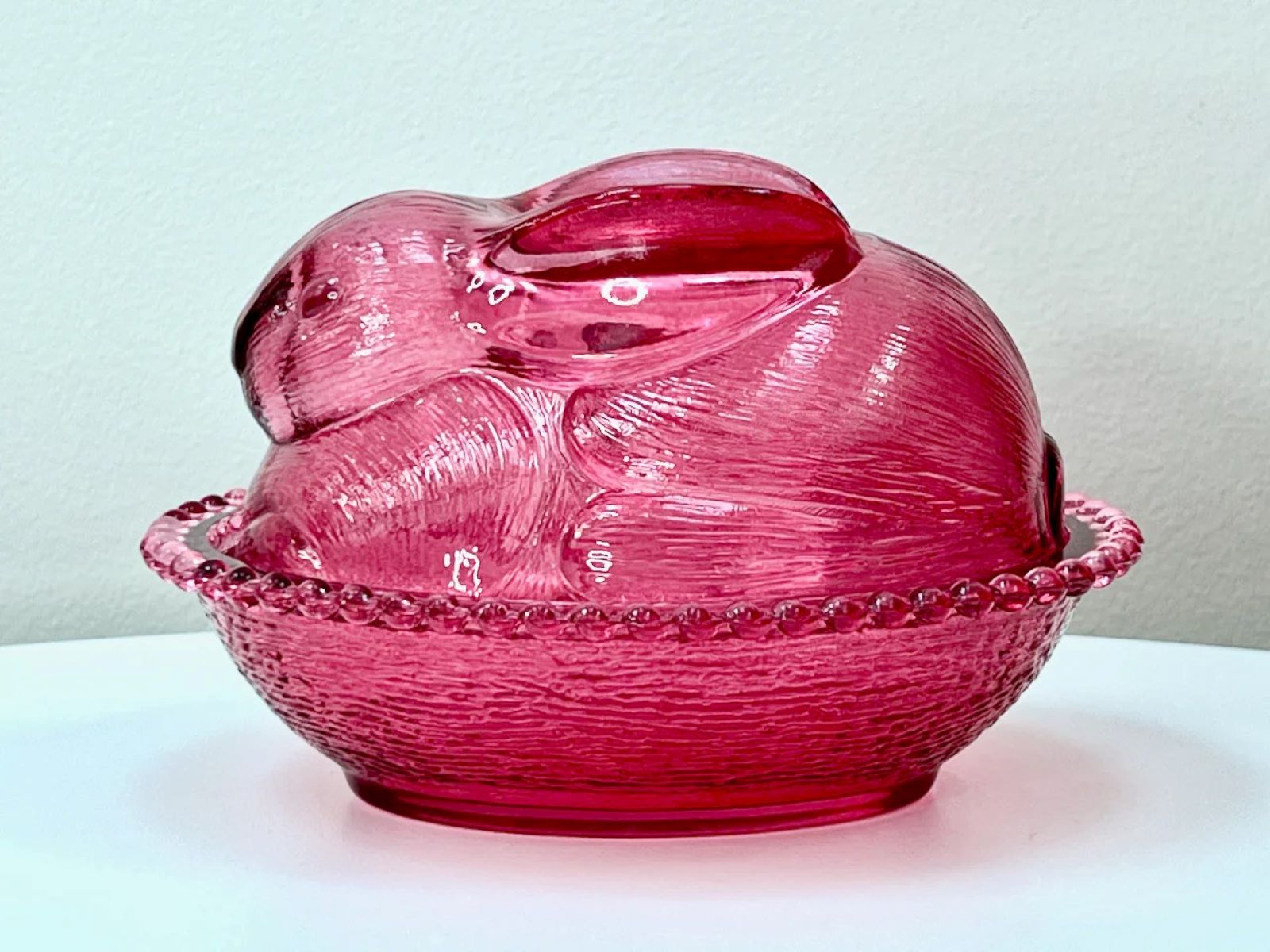
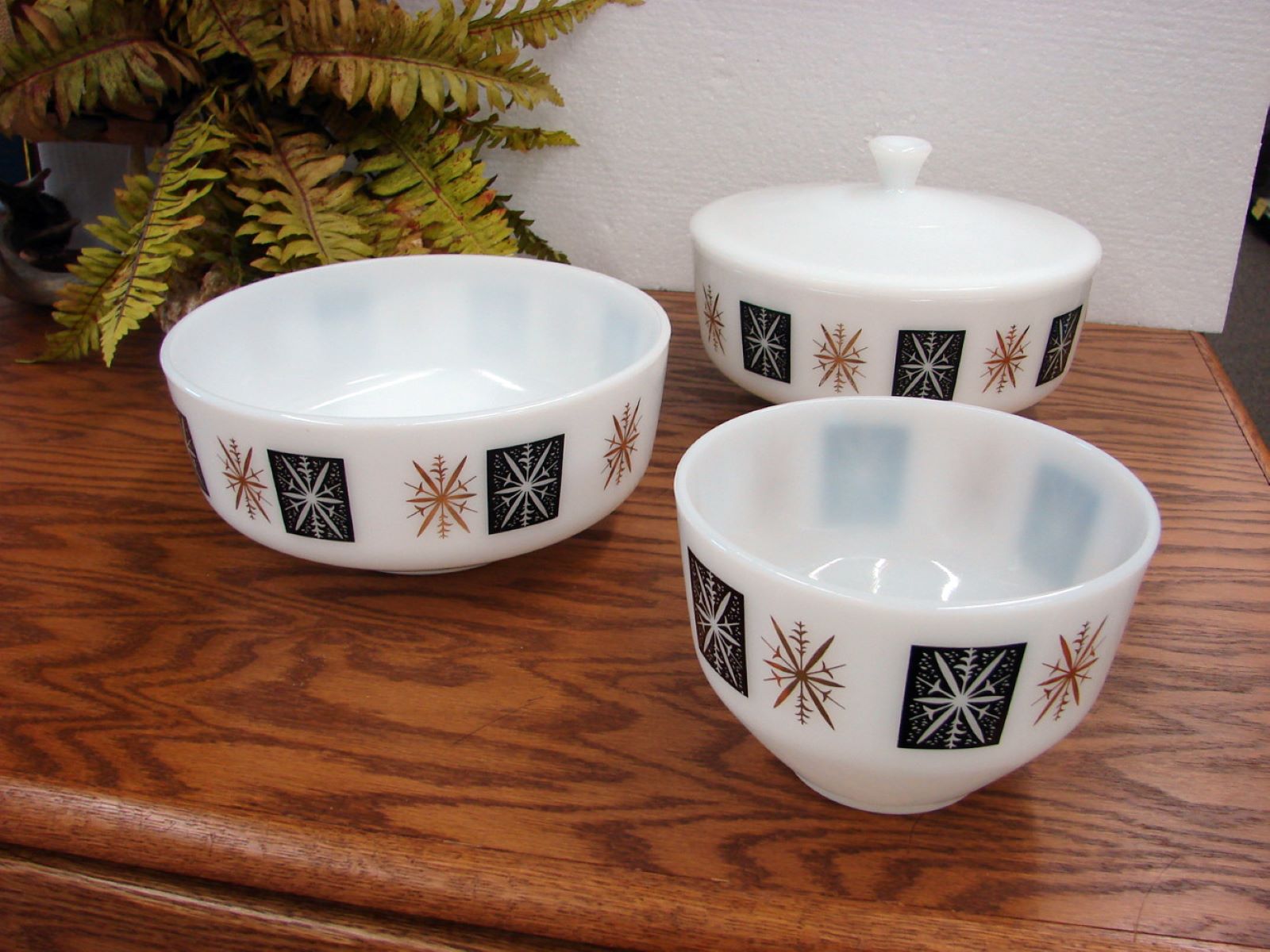
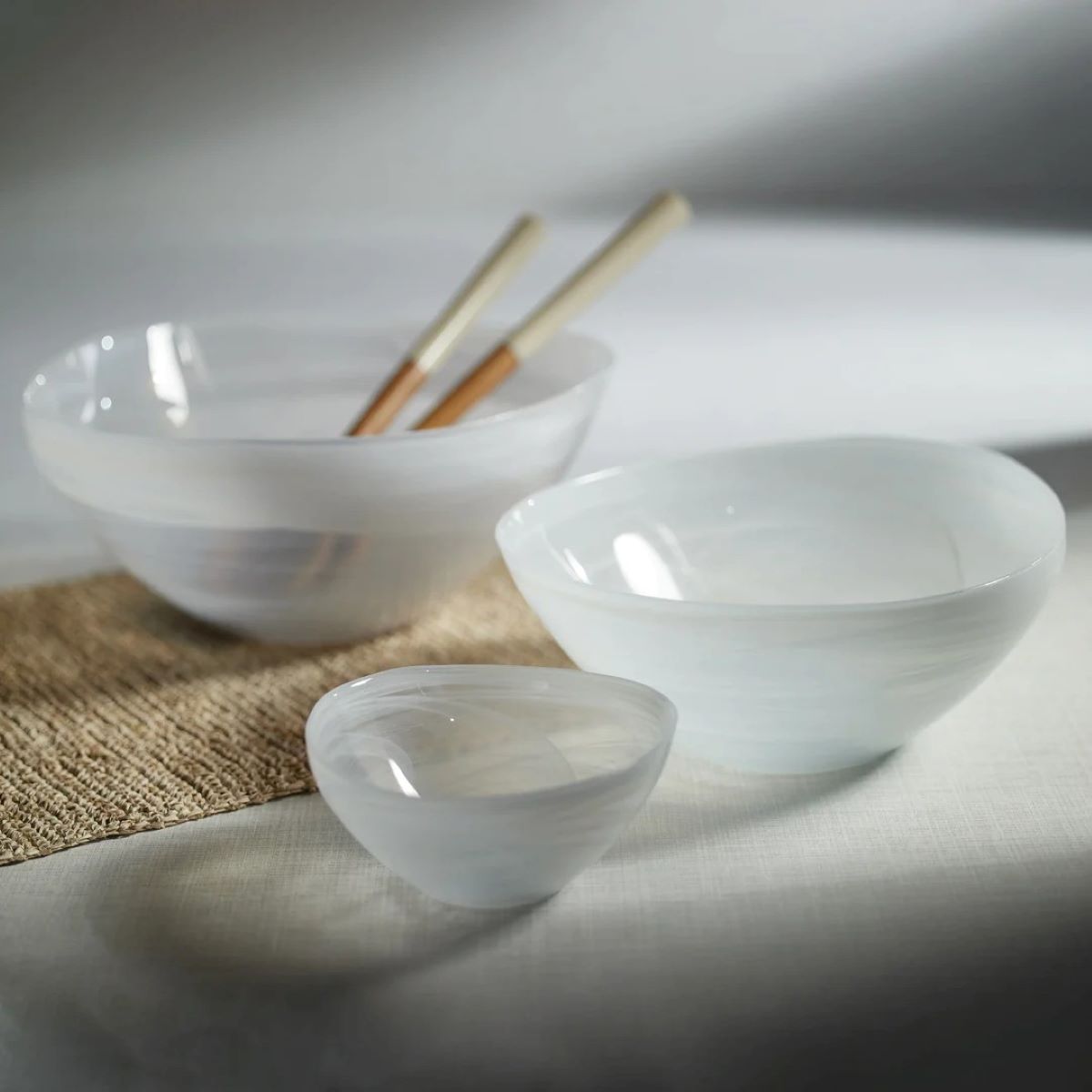
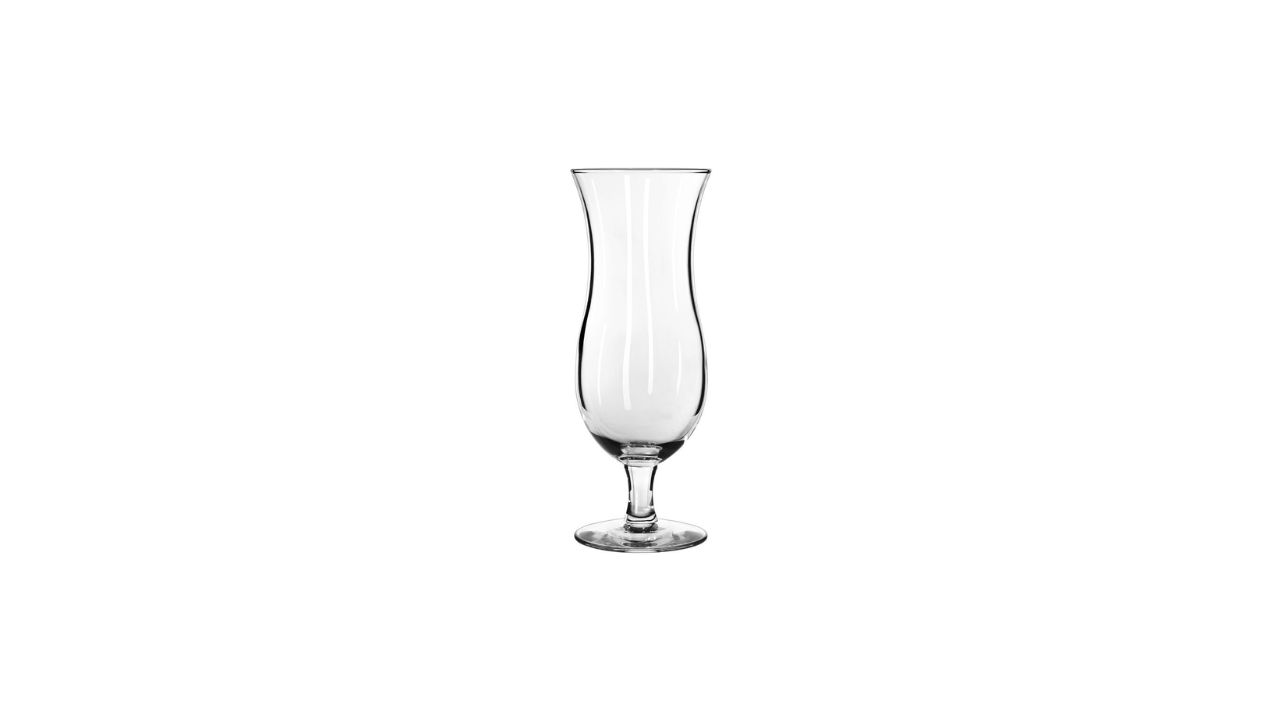

0 thoughts on “What Is Opaline Glass”